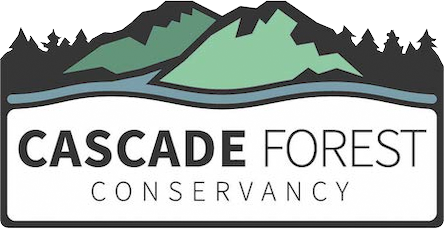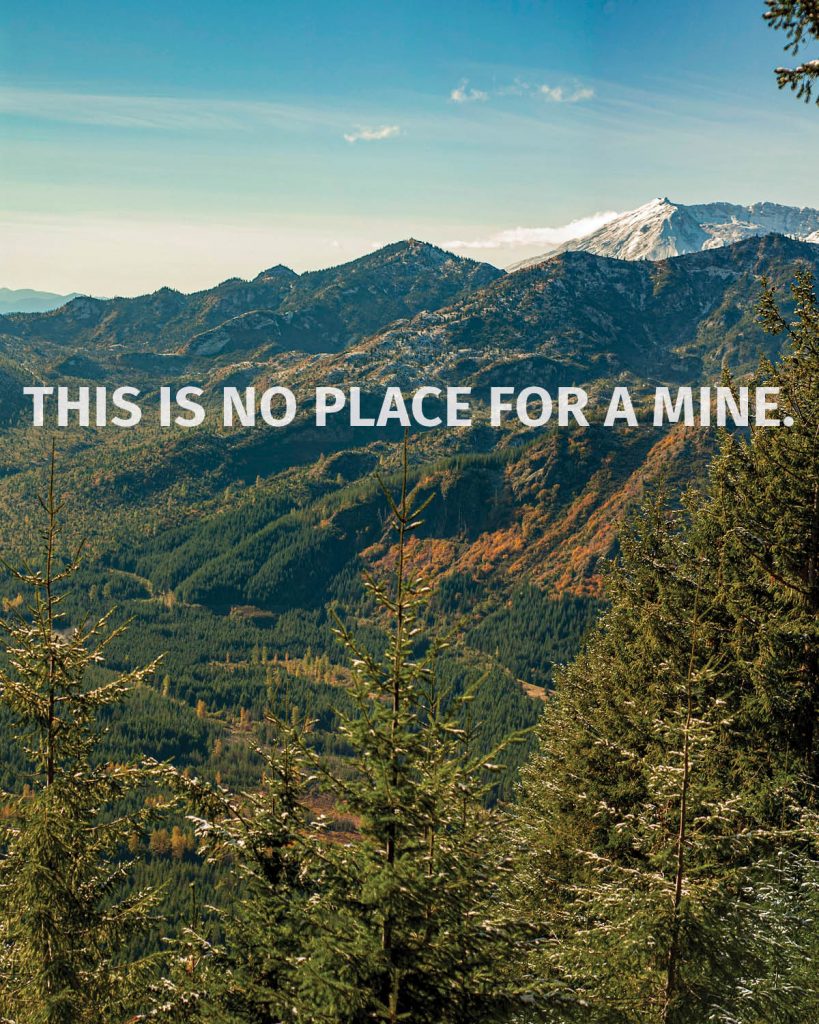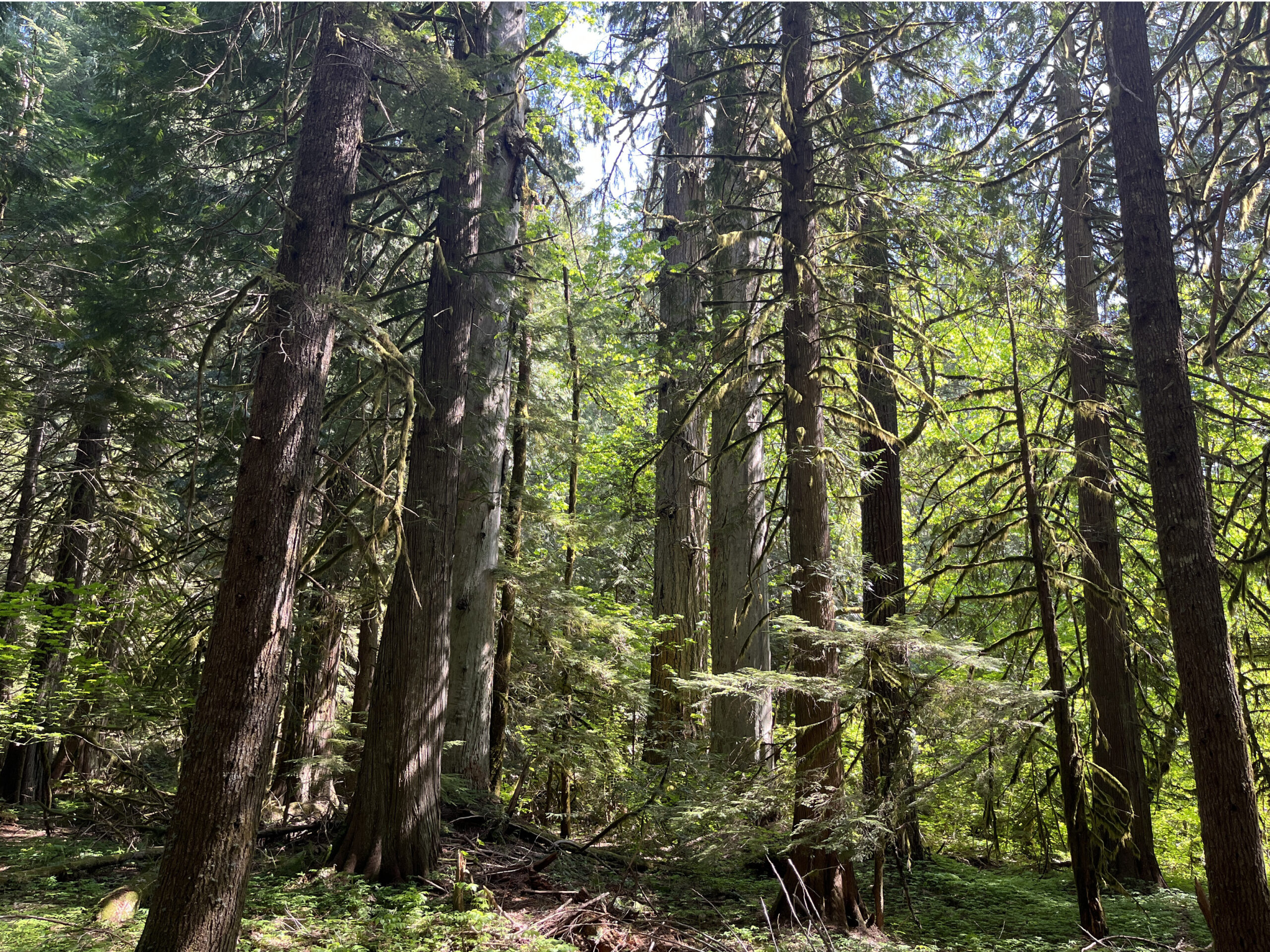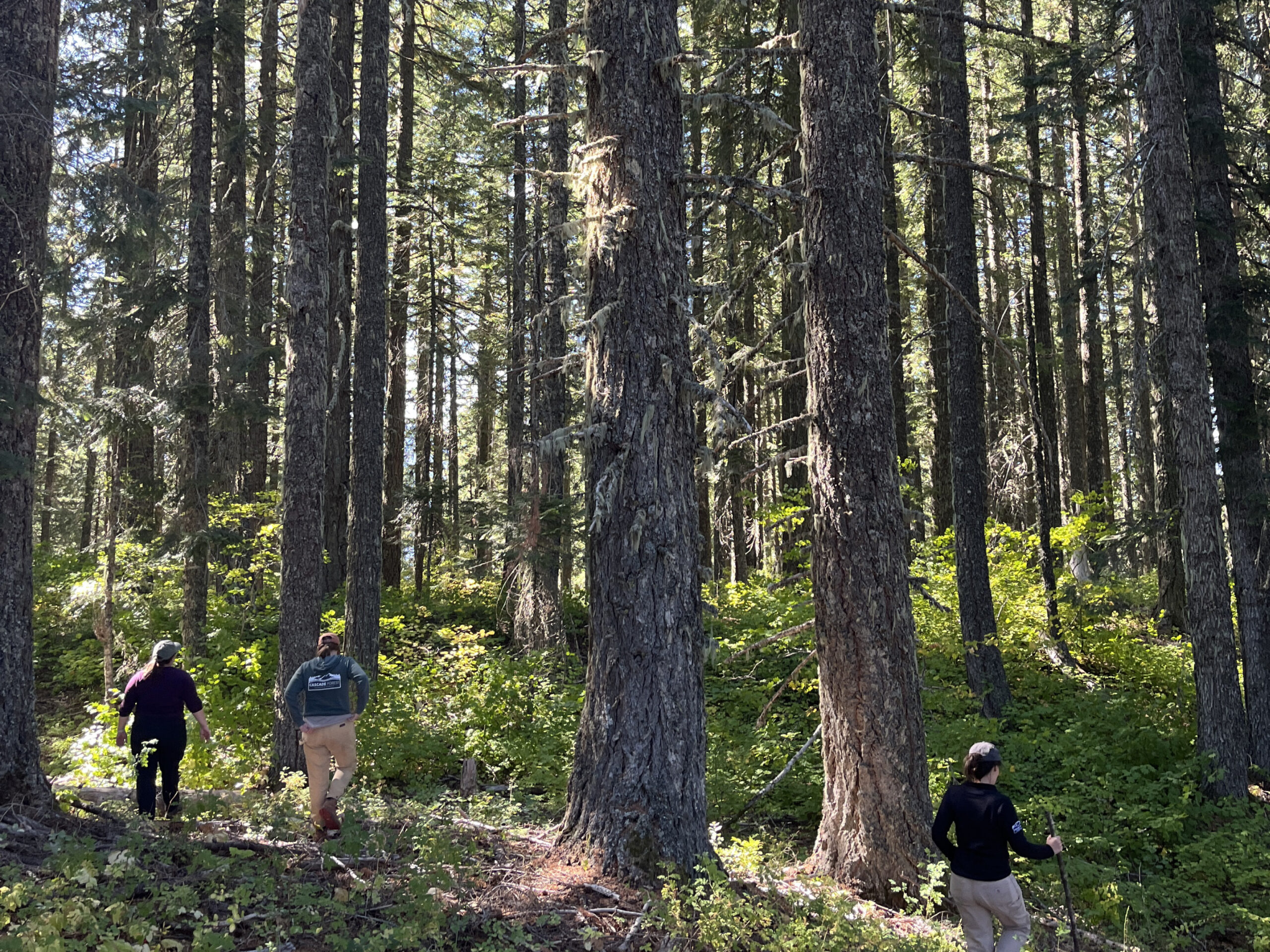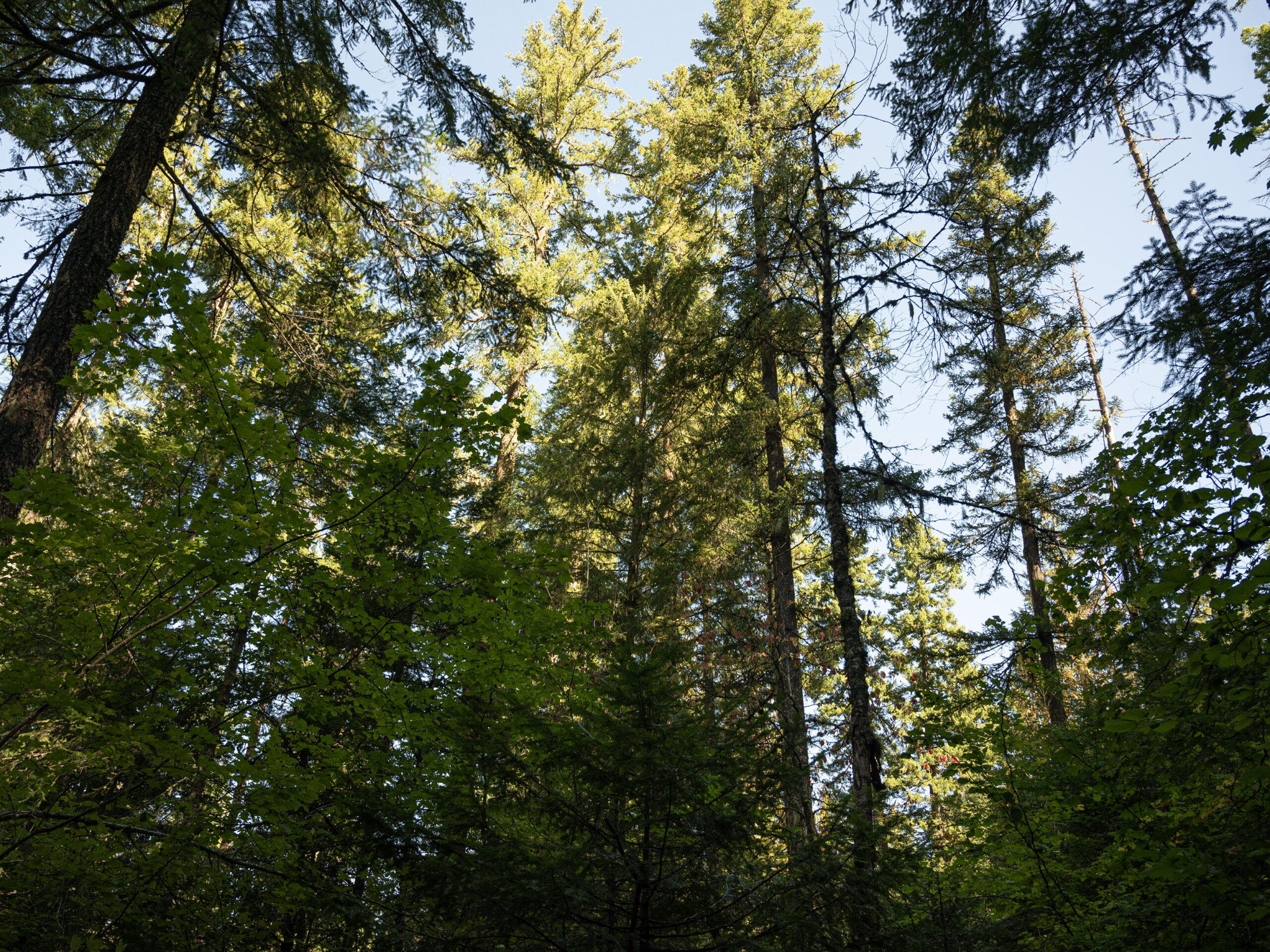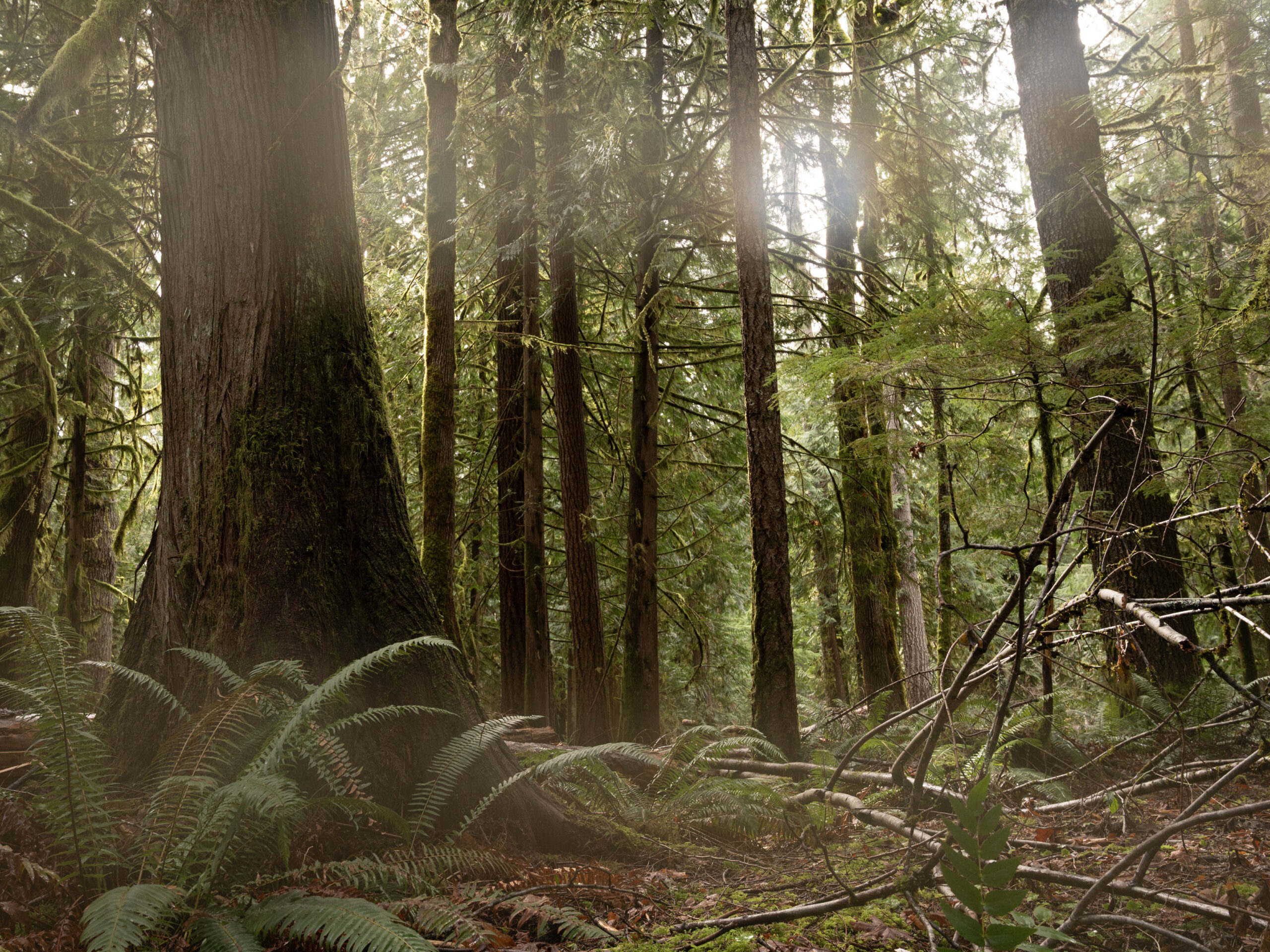NEWS RELEASE | February 23, 2021
Portland, Or – Thursday, a federal court ruled that the Bureau of Land Management and the Forest Service violated federal environmental laws by issuing mineral prospecting permits to a Canadian mining company. The permits would allow Ascot Resources to drill 63, 2-3 inch diameter exploratory holes from 23 drilling pads across hundreds of acres of Washington’s Green River Valley adjacent to the Mt. St. Helens National Volcanic Monument to search for copper, gold, and molybdenum. Environmentalists say mining in the area would cause irreversible impacts to the environment, recreation opportunities, and drinking water. The lawsuit brought by Cascade Forest Conservancy and represented by Earthrise Law Center and Western Mining Action Project is the organization’s third lawsuit seeking to block the prospecting in Southwest Washington. The agencies withdrew their approval of the drilling in 2011 after a lawsuit was filed, and in 2014 the federal agencies’ attempt to approve the drilling was also struck down by the federal court.
The 55-page opinion, released on Thursday, held that the agencies violated the National Environmental Policy Act (NEPA) when considering recreation impacts. The opinion stated the agencies did not take a hard look at the impacts that 24-7 noise, created by the drill pads, would have on nearby recreators and how the project closures would prevent recreational access to the area. The judge also ruled that the agencies violated NEPA by failing to properly analyze the critical groundwater resources that would be affected by the drilling.
The Cascade Forest Conservancy, formerly the Gifford Pinchot Task Force, has been fighting mining outside of Mount St. Helens in the Green River Valley for over 15 years. Once considered for inclusion in Mount St. Helens National Volcanic Monument, parcels in the Green River Valley were eventually purchased by the Forest Service through the Land and Water Conservation Fund (LWCF). The LWCF purchase intended to promote recreation and conservation for the area; however, the public lands in question have been under assault from mining challenges since 2005.
The parties will now confer and likely submit additional legal briefs addressing remedy issues. The Court will then rule on the appropriate legal remedy for the federal agencies’ violation of federal law.
“This is a positive step towards preventing mining in this spectacular landscape,” said Lucy Brookham, Policy Manager for Cascade Forest Conservancy. “The Green River Valley is no place for a mine, and we hope the agencies’ decision to permit prospecting in this beautiful place will be vacated following this ruling.”
”Cascade Forest Conservancy has repeatedly asked the federal agencies to fully evaluate and disclose the impacts of the proposed mineral prospecting on outdoor recreation and groundwater resources, and those agencies have now failed to do so twice, said Thomas Buchele, Co-Director of the Earthrise Law Center. “Their failure to fully disclose the adverse impacts to outdoor recreational uses is particularly troubling because both agencies obviously know what those impacts will be but have chosen not to fully disclose them to the public.”
“Once again, the federal court correctly found that the agencies’ review and approval of this ill-advised project violated federal laws designed to protect water and public resources,” stated Roger Flynn, Director and Managing Attorney of the Western Mining Action Project, a non-profit environmental law center specializing in western mining issues.
“There are, of course, parts of the Court’s opinion that we disagree with, including its interpretation of the Land & Water Conservation Fund,” said Molly Whitney, Executive Director for Cascade Forest Conservancy. “The funds Congress allocated and the Forest Service used for the purchase of these lands exist to provide the public with opportunities to enjoy and recreate on our public lands–the opposite of what an open-pit mine would provide to this landscape. We remain hopeful that the Forest Service will reconsider its consent after it has reevaluated and fully disclosed the impacts to outdoor recreation and groundwater resources from the proposed mineral prospecting.”


